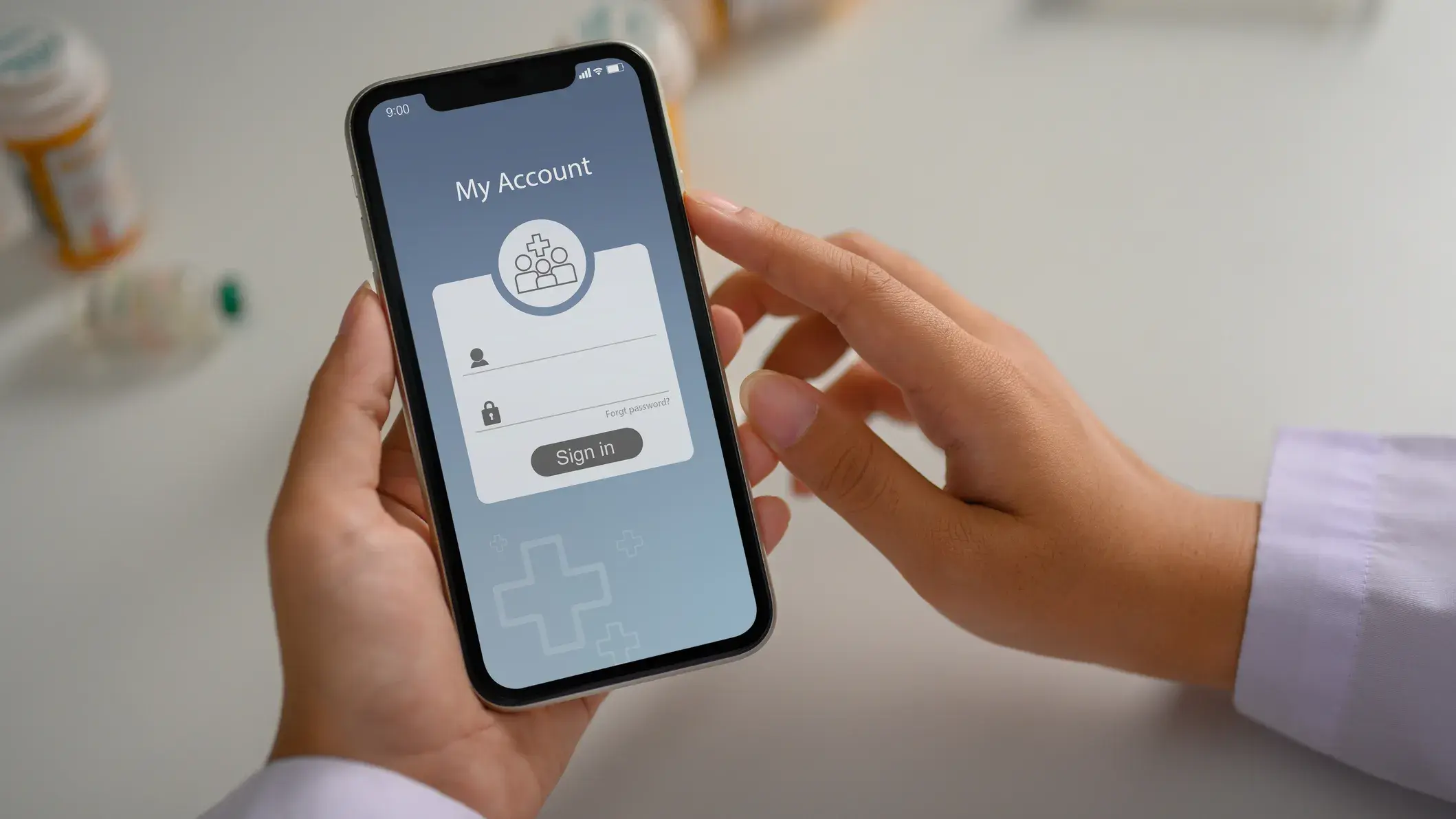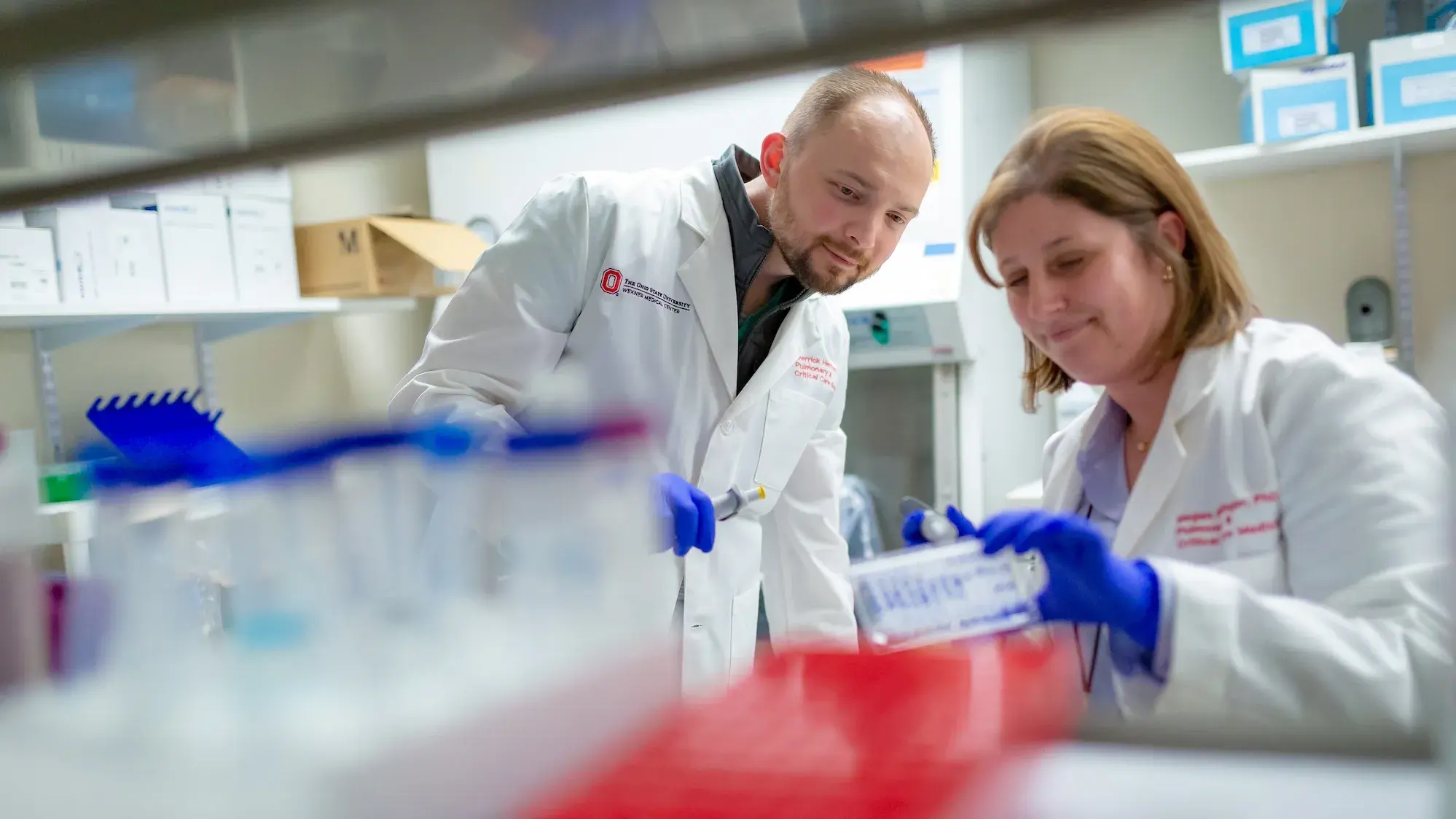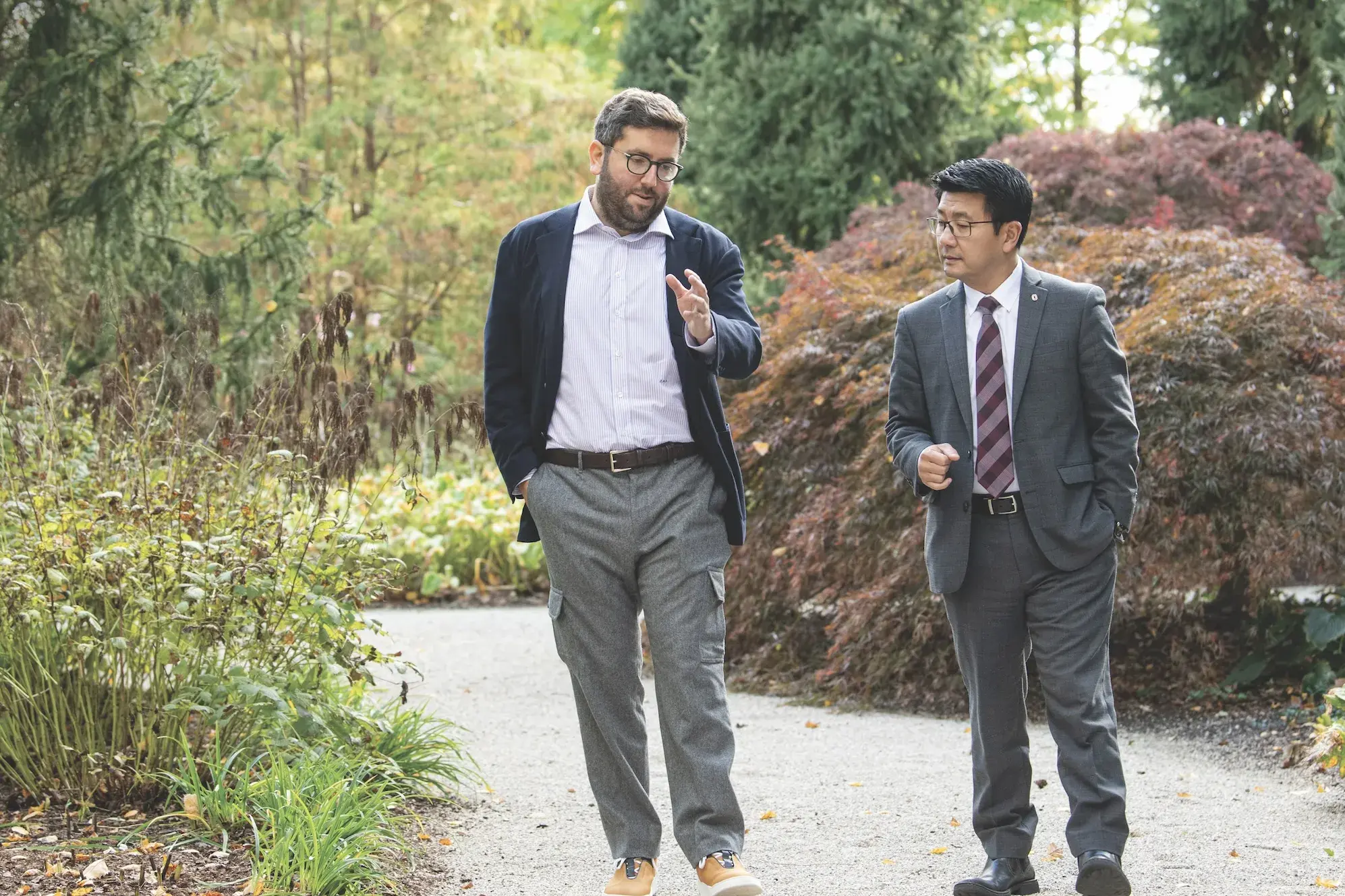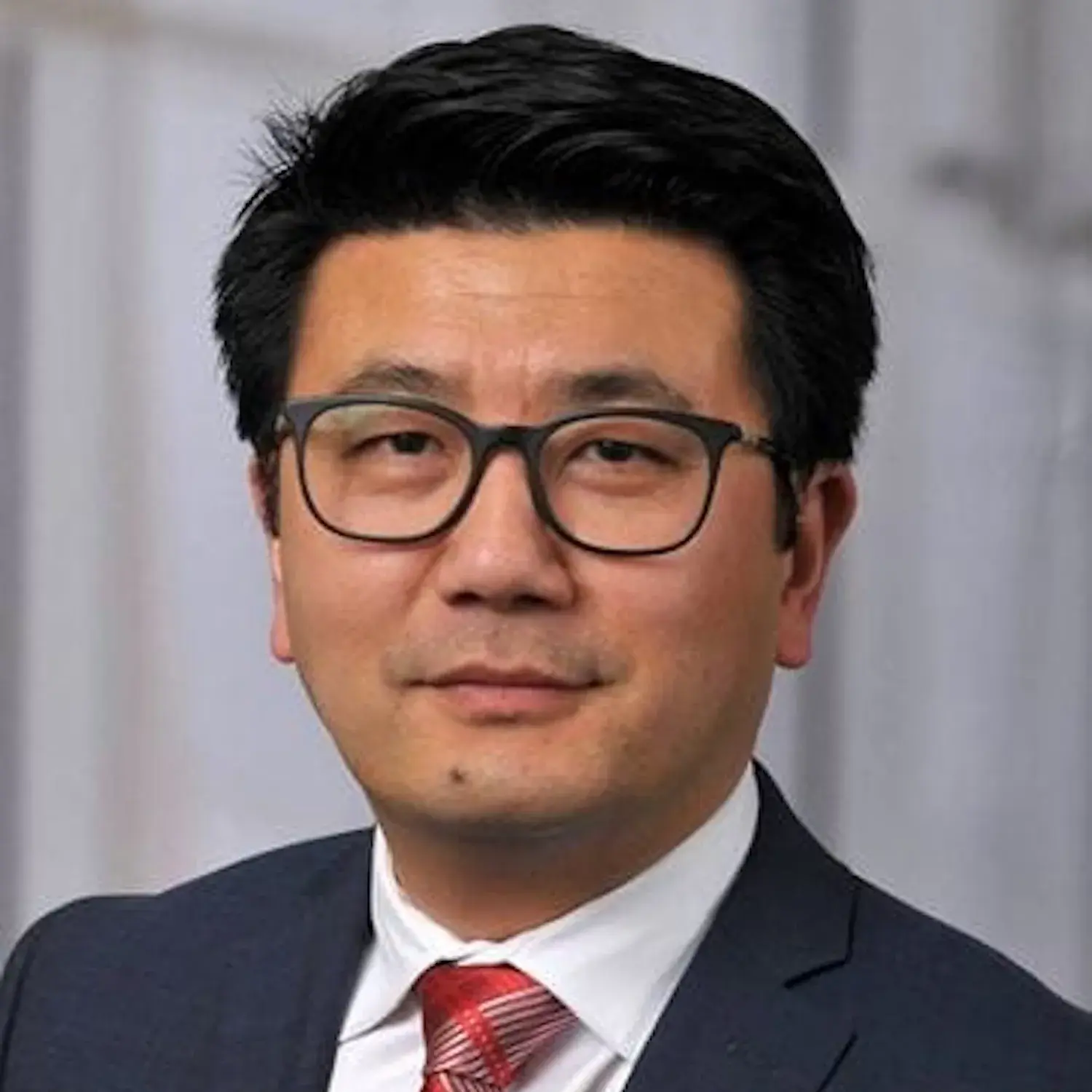This change reflects our commitment to serve the entire clinical and translational research community across Ohio State and at Nationwide Children’s Hospital. As the CTSI, our commitment to delivering resources, fostering collaborations, supporting the careers of clinical and translational scientists, particularly those who are early in their career, and helping identify efficiencies to accelerate clinical and translational science remains steadfast.
This new name designation underscores our dedication to more comprehensively support the full spectrum of clinical and translational research within our community and aligns with many peer CTSA hubs nationwide. We are excited about the work and milestones achieved since the CCTS was established in 2006 and anticipate even greater accomplishments under the banner of CTSI.
“For the past two decades, the institute has been an impactful resource to the scientific and research community at Ohio State,” said Julie Johnson, PharmD, Clinical and Translational Science Institute director, associate dean for clinical and translational research in The Ohio State University College of Medicine and associate vice president of research for The Ohio State University. “Our aim moving forward is to more fully serve the entire clinical and translational research community on campus and at Nationwide Children’s Hospital and to facilitate and streamline research discoveries that improve health for all.”
Julie Johnson, PharmD, is the Director and Principal Investigator at The Ohio State University Clinical and Translational Science Institute.


















